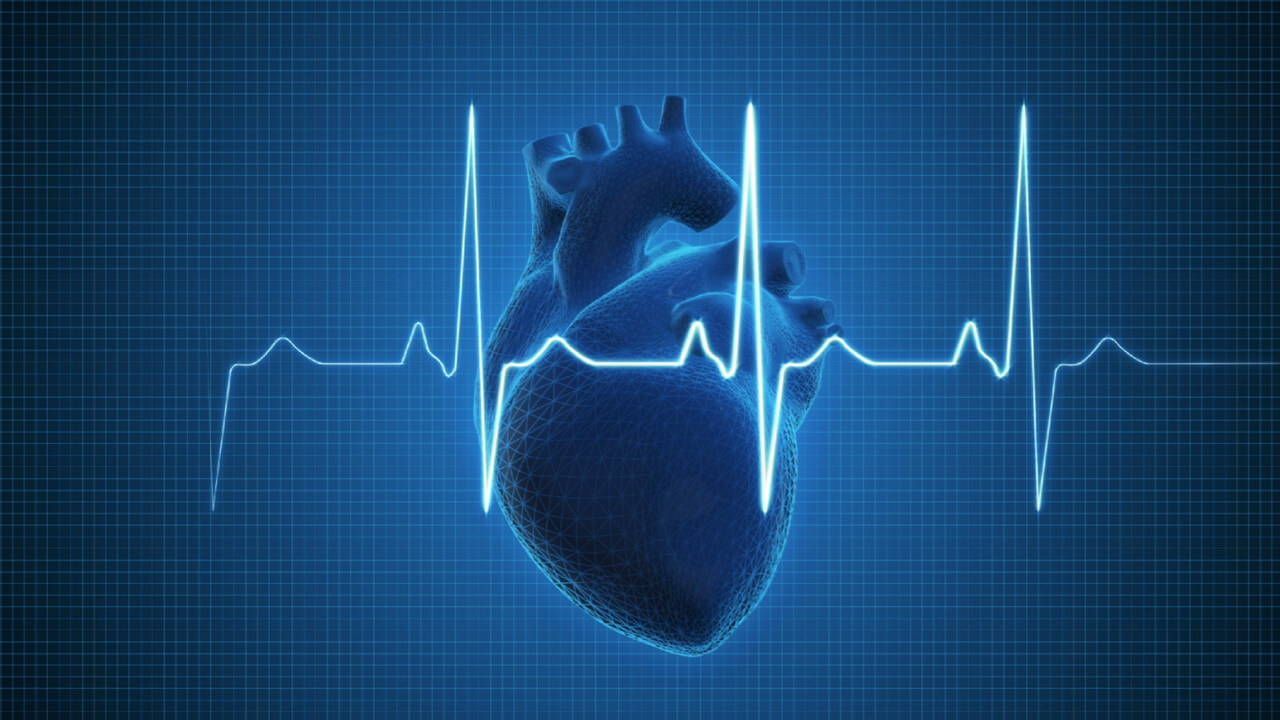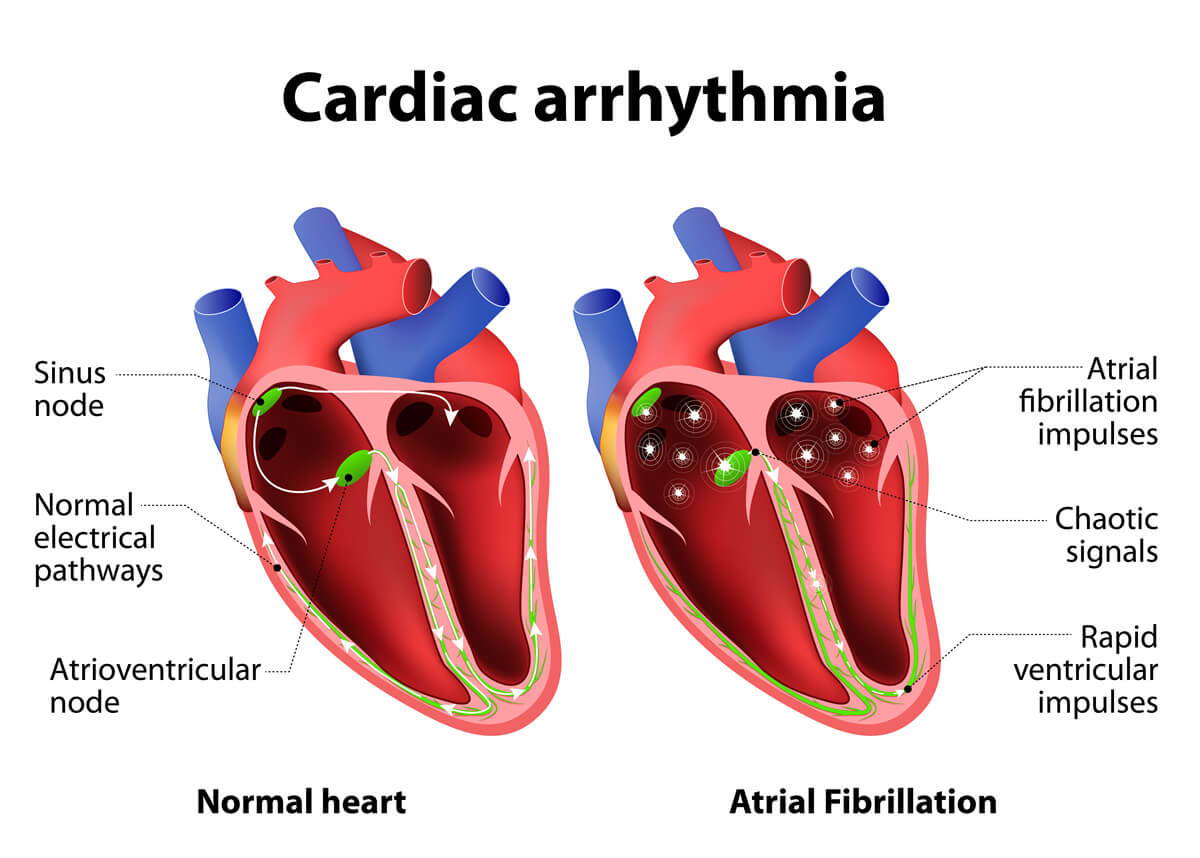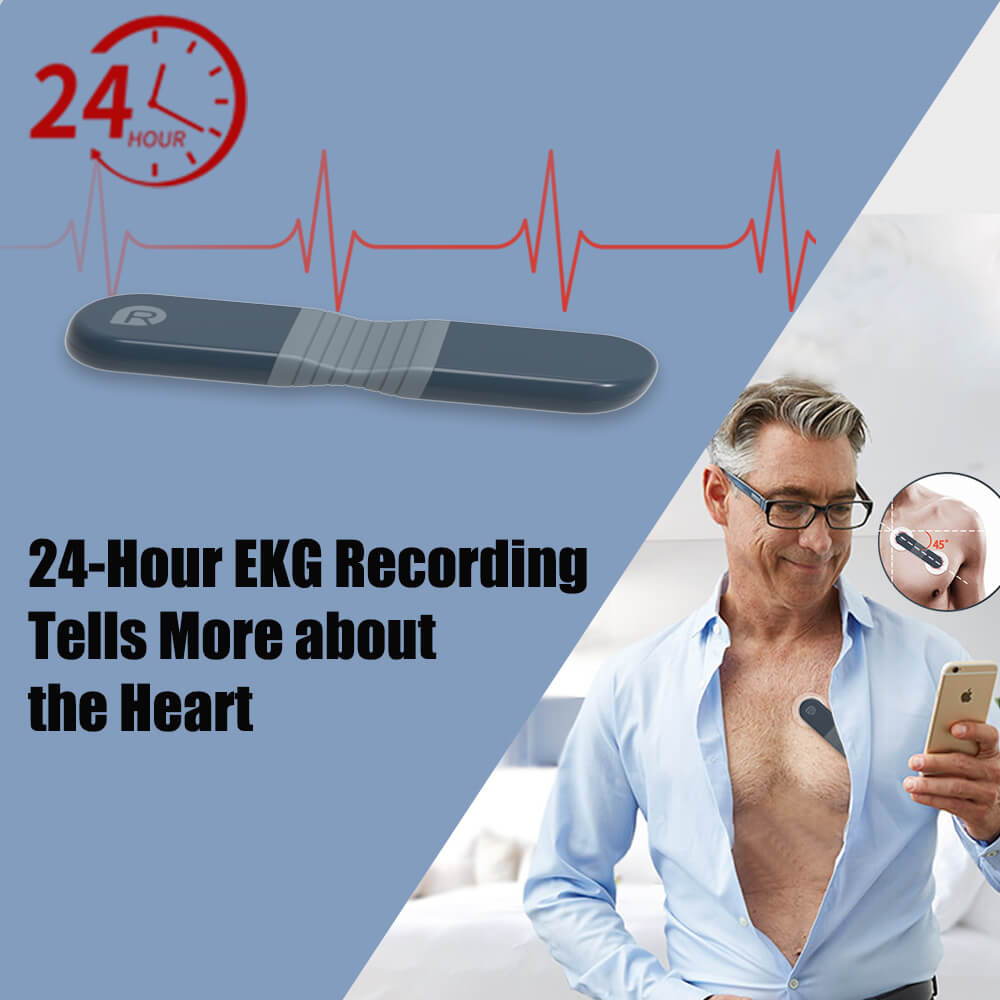Why Arrhythmia Occurs?Top 5 Things You Should Know About Arrhythmia
Most people are confused by their own electrocardiogram, which records a bunch of waveform, which may say "sinus rhythm," "sinus arrhythmia," "sporadic premature beats," and so on. Does such an electrocardiogram mean that your heart is working normally? What is arrhythmia?
What is Arrhythmia?
We can imagine the heart into a company, the heart rhythm is its work rhythm. The leader of the heart is the sinus node. The sinus node directs the internodal tracts, the atrioventricular bundle(bundle of His), the left and right fascicles, and the Purkinje fiber network to send messages to other parts of the heart. The rhythm triggered by the sinus node, is what we call sinus rhythm, as well as normal rhythm. Arrhythmia occurs when a problem occurs in one part of the heart, preventing the whole body from working properly.

Types of Arrhythmias
Common arrhythmia include sinus tachycardia, sinus bradycardia, sinus arrhythmia, premature beat, paroxysmal tachycardia, atrial fibrillation, heart block, etc.
According to its occurrence principle, can be divided into abnormal pulse formation and abnormal impulseconduction. According to the heart rate when arrhythmia occurs, can be divided into bradyarrhythmia (heart rate < 50 bpm) and tachyarrhyhmia (heart rate > 100 bpm).
Sinus bradycardia occurs when the sinus node is sick and the command is slow. When the sinus node gets too excited and commands faster, tachycardia occurs. If something wrong with the atrioventricular node, then conduction block occurs. When other departments want to seize the position of the sinus node, it begins to command the subordinate departments, there will be premature beats, atrial fibrillation and other manifestations.

Symptoms of Arrhythmias
The heart is a blood pumping organ, and abnormal working rhythm will inevitably lead to abnormal blood supply and distribution. Patients may experience symptoms such as palpitation, chest tightness, dizziness, fatigue and even fainting in severe cases. It is suggested to go to the hospital in time if the above symptoms occur.
How is an arrhythmia diagnosed?
To diagnose an arrhythmia or find its cause, doctors usually use tests including:
- Electrocardiogram (ECG or EKG)
An electrocardiogram records the electrical activity of your heart and be recorded on graph paper. Patients should wear small electrode patches on the chest, arms, and legs for the test. ECG/EKG is the most important noninvasive technique in the diagnosis of arrhythmia, which can determine whether patients have arrhythmia and myocardial ischemia.
- Echocardiogram
This test uses ultrasound to check your heart muscle and valves.
- Holter monitor (24-hour dynamic electrocardiogram)
This is a portable EKG (also called an #3d4246"ambulatory electrocardiogram" or an ECG). For regular checkups, a routine ECG/EKG will take just a few minutes, making it difficult to detect heart problems. Wellue ECG Recorder with AI Analysis(24-Hour Holter monitor) can monitor the electrical activity of the heart throughout the day, which is more comprehensive than electrocardiogram and can detect various arrhythmias and other symptoms.

Does arrhythmia need treatment?
It is important to note that not all arrhythmias need to be treated. In addition to the pathological factors, mental tension, stay up late, too much smoke, wine, strong tea, and coffee also can lead to cardiac arrhythmia.
So, if you find yourself appeared arrhythmia, you should be clear whether you have organic heart disease, such as coronary heart disease, rheumatic, cardiomyopathy, etc. Second, check whether there are correctable triggers, such as myocardial ischemia, electrolyte disturbance, thyroid dysfunction, and then give the corresponding treatment.
author info

SIMEN D
Welcome to join in Wellue family. Let's share health information and find ways to keep in healthy from now on.


